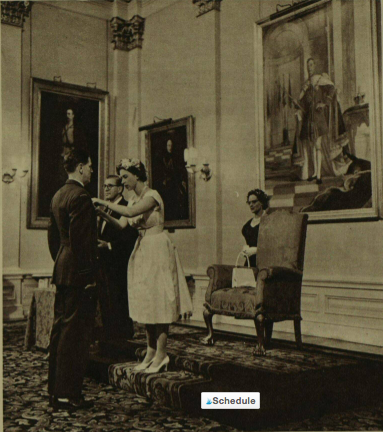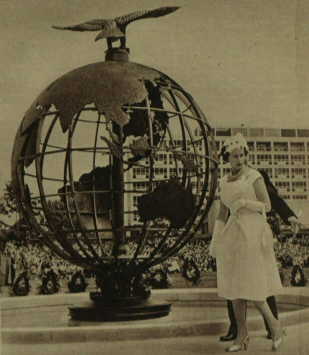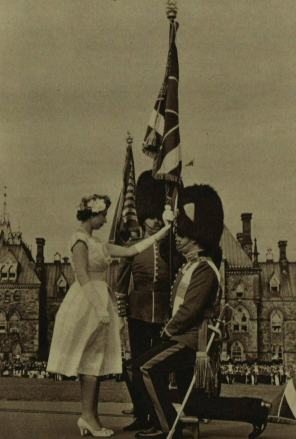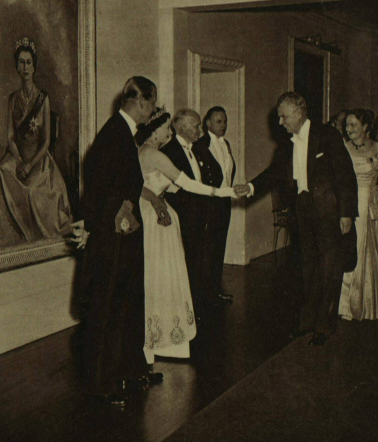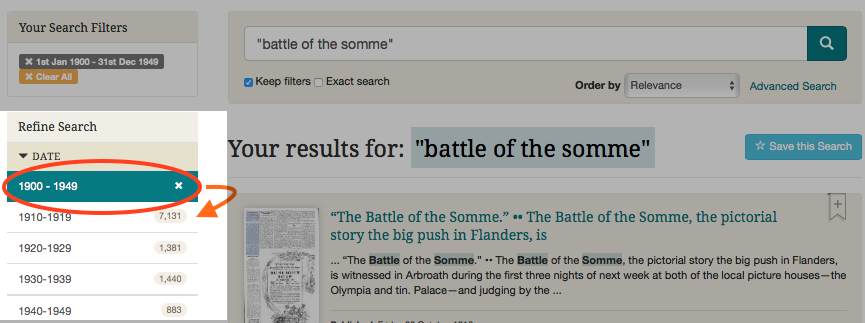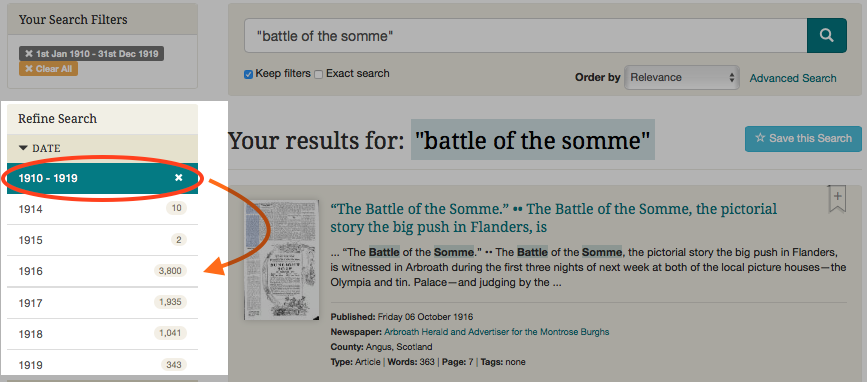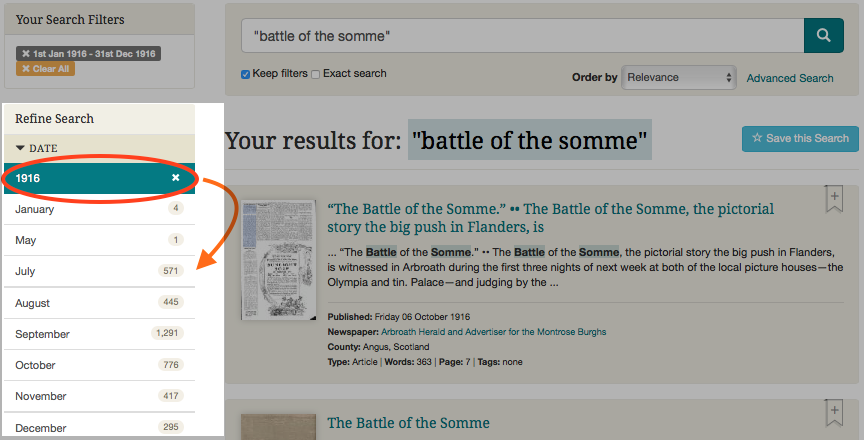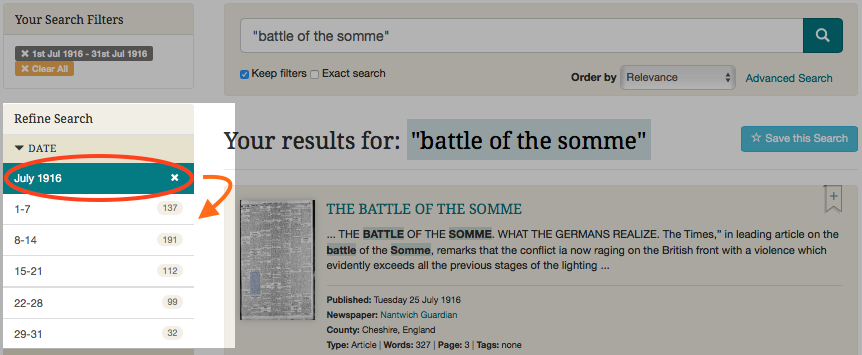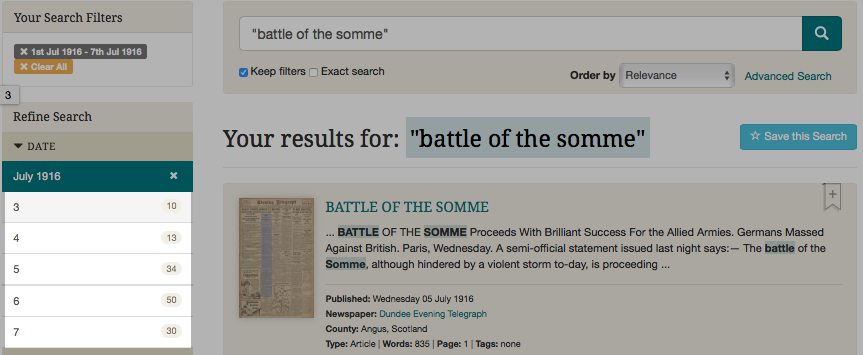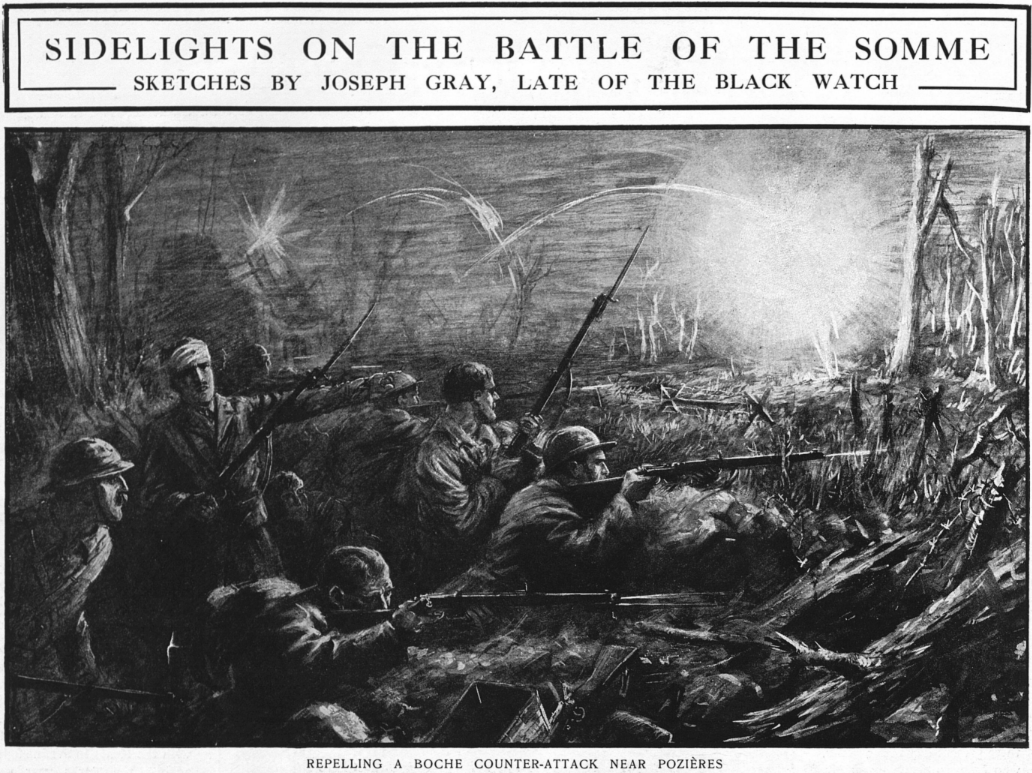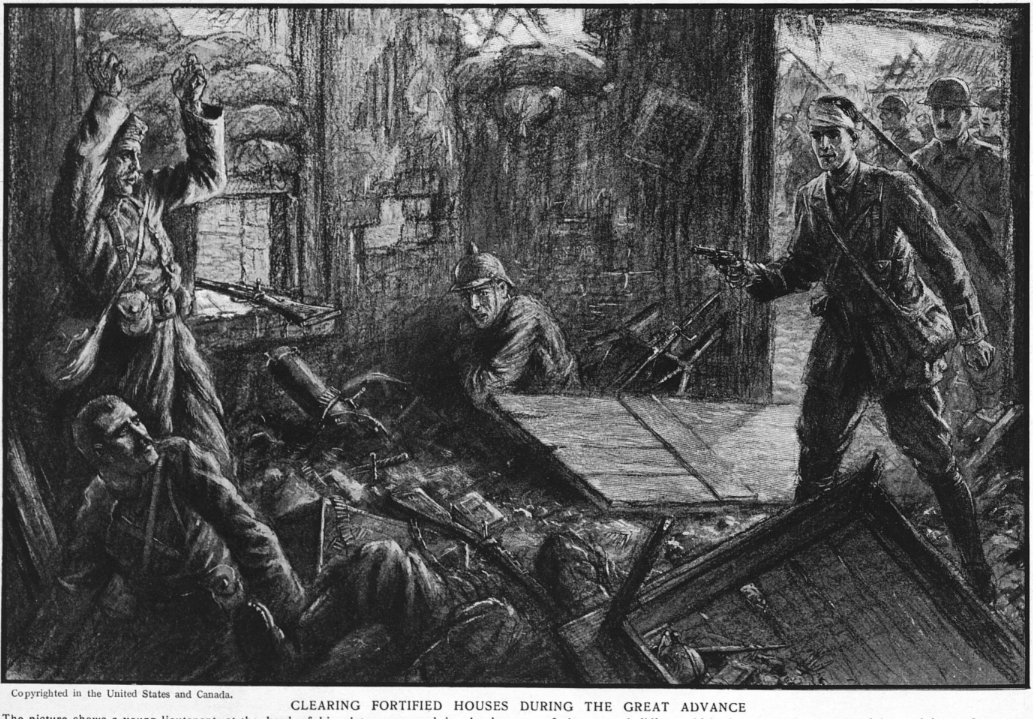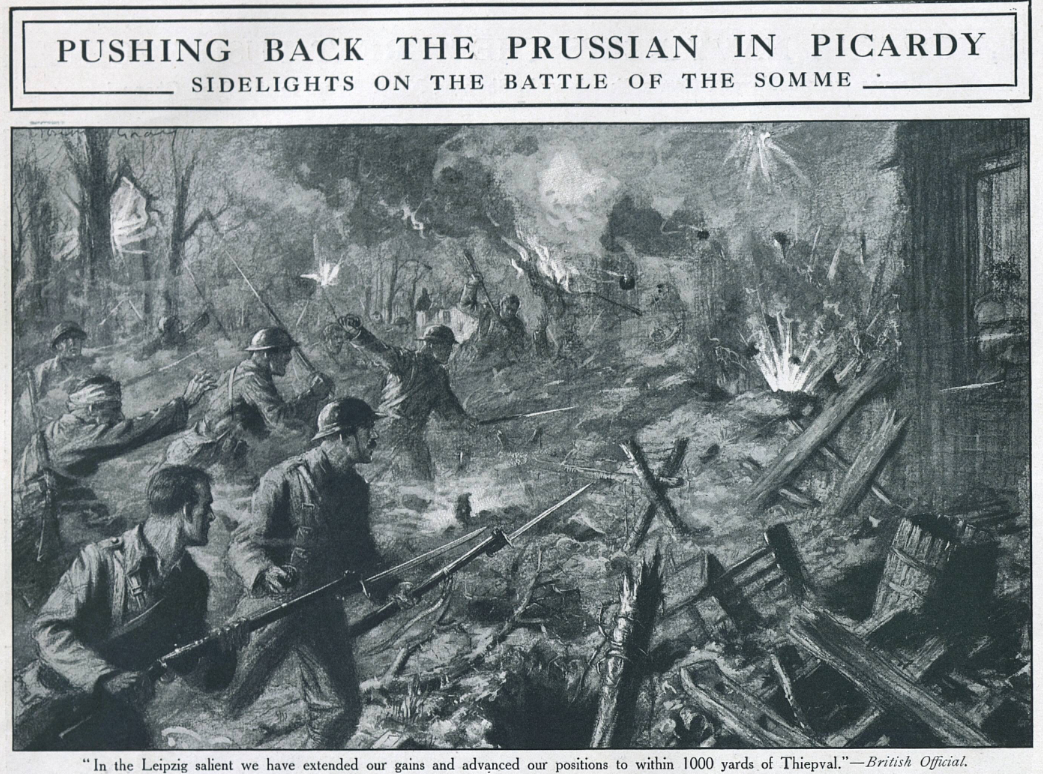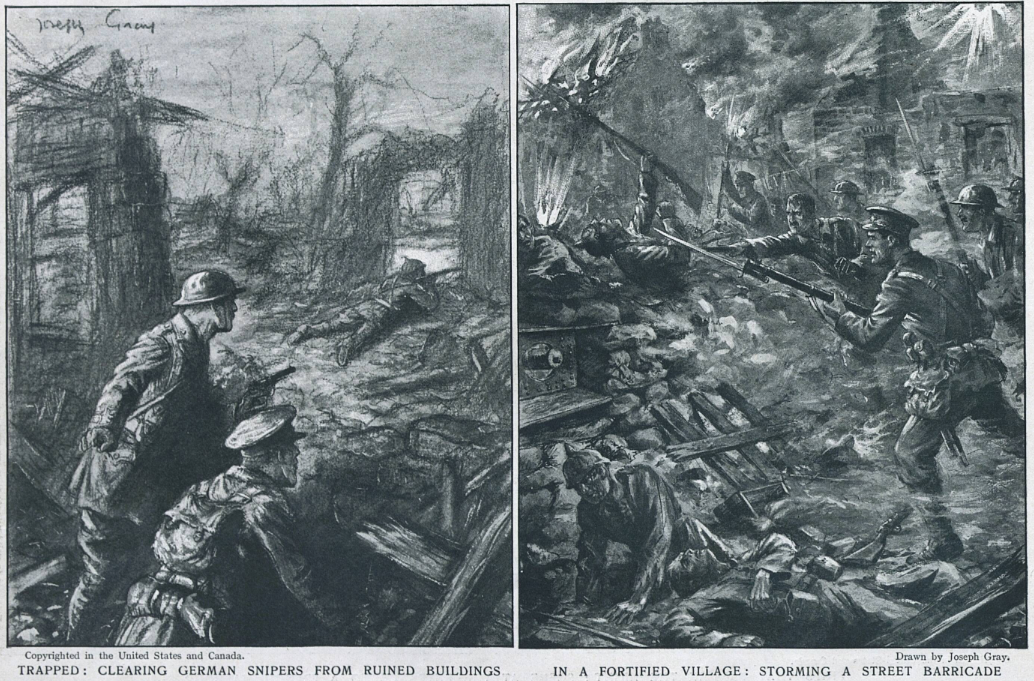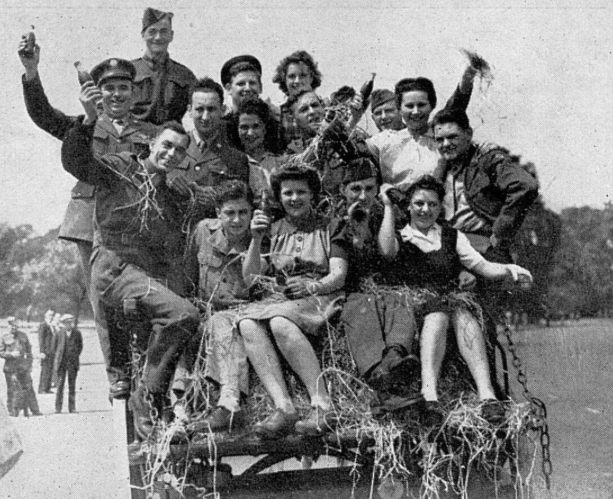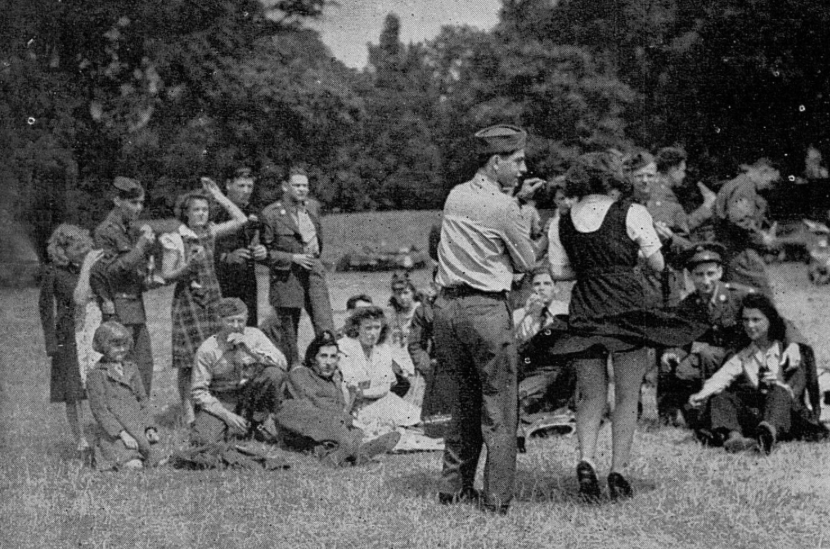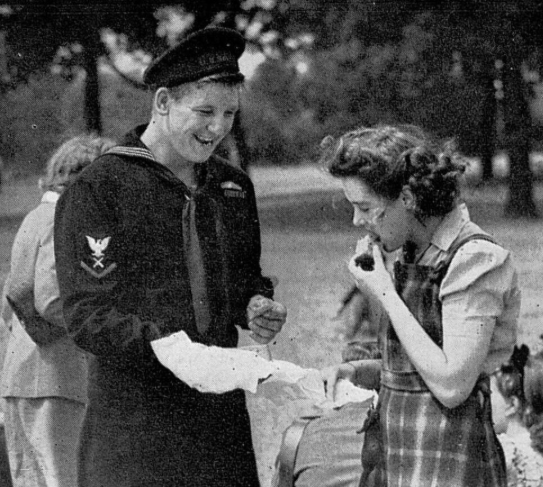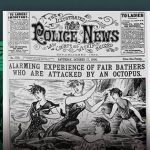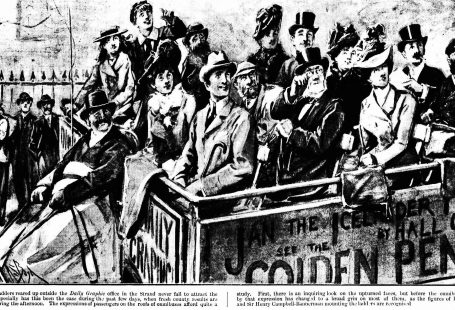With summer well underway and a new month dawning, we take a look at the month of July with the help of The British Newspaper Archive. What events and holidays of significance took place in July? How have our newspapers covered such happenings? Join us as we explore the history and newspaper coverage of Canada Day, the Battle of the Somme, and Independence Day.
Canada Day
The national holiday celebrates the anniversary of the enactment of the Constitution Act, which was passed on 1 July 1867. With the act’s passage, the single dominion of Canada was formed from the colonies of Canada, Nova Scotia, and New Brunswick, then part of the British Empire.
On the 1st of July Canadians all over the world are wont to celebrate Dominion Day, the anniversary of that great act of political creation by which in 1867 the Canadian provinces were federated. […] It is the birthday of a nation which, under Providence, must one day be among the greatest upon each, derived as it is from the best blood of two dominant races and seated as it is in a country of vast extent and incalculable natural resources. Northern Whig, 1 July 1924
Celebrations for Canada Day, or Dominion Day as it was called prior to 1982, were not confined solely to Canada. For those Canadians living abroad, the holiday was still marked in their adopted homelands. The Northern Whig continued by reported that ‘this year [1924] Canadians honouring the anniversary in London are in far greater numbers than ever before’.
What kind of Canada Day celebrations occurred?
By performing a simple search for ‘Canada Day‘ or ‘Dominion Day‘ in The British Newspaper Archive, you are presented with a plethora of articles spanning decades.

Being part of the Commonwealth, Canada Day celebrations were common in England. From 1934, The Tatler printed about a celebration dinner occurring in honour of the holiday: ‘In celebration of Dominion Day, and following a reception held by the High Commissioner for Canada and Mrs. Howard Ferguson at Canada House, a Canadian dinner took place at Grosvenor House on July 2’.

In 1959, during her tour to Canada and the United States, Queen Elizabeth was a key participant in Dominion Day celebrations in the capital city, Ottawa. Seen in the following pictures, printed in the Illustrated London News on 22 August 1959, Queen Elizabeth was quite busy on Dominion Day: she presented a medal for bravery, unveiled an Air Forces memorial, presented new colours to the Canadian Grenadier Guards, and attended a government house reception.
Who celebrated Canada Day?
The holiday was not just marked by Canadians — others in the British Empire made claim on the day, as we read in the Daily Record from 1 July 1944.
The story of the British Commonwealth is, to some extent, the story of Scottish emigration, for the whole Empire owes much to the pioneering Scots who carved a new inheritance for themselves beyond the sea.
For at least a segment of the Scottish people, it was felt that ‘Canada, perhaps more than any other part of the Commonwealth, has been moulded by the hands of Scots’, and the holiday itself presented the perfect opportunity to ‘celebrate the work and the vision of our own kinsmen’.

The Battle of the Somme
The Battle of the Somme began on 1 July 1916. On the first day alone, the British suffered some 60,000 casualties. The battle would go on to last 141 days, ending on 18 November, and becoming one of the bloodiest battles in history with around one million men killed or wounded.
How can I find articles on the Battle of the Somme?
There are several ways in which you can search for and find relevant articles pertaining to the Battle of the Somme on The British Newspaper Archive. In searching for historic events, it is beneficial to develop a proficiency with our date filters available on our results page. This is particularly useful if you are interested in contemporary articles, written at the time of the event in question.

The date filter allows you to filter down from a broad year range to a specific date, and everything in between.
When sorting by years and specific dates, it is important to remember that the further back in time an event occurred, the longer it took to get news of it printed. It is best to begin each search broadly and then to narrow down your results as needed.
In addition to helping find contemporary articles, the date filter can help you narrow your results to retrospective pieces or anniversary coverage of events. For instance, by filtering the results to the year 1927, an article from the Belfast News-Letter is returned that details the anniversary services in honour of those who lost their lives during the Battle of the Somme.

Independence Day
Canada is not the only former British colony to mark a national holiday in the month of July: the United States celebrates their independence on 4 July, honouring the adoption of the Declaration of Independence, which occurred on that day in 1776.
In researching articles related to Independence Day in The British Newspaper Archive, it became apparent early on that to make searching more efficient and comprehensive, a list ought to be created of all the names that the holiday would be likely to be called in articles printed in England. Then, by searching on each name in turn, you ensure that you will not miss any pertinent results due to variations in how the holiday is referred to.
Create a list of common and alternate names for holidays and historic events to ensure you find all relevant articles. For Independence Day, we created a list including ‘Fourth of July’, ‘American Independence Day’, ‘America’s national holiday’, and ‘July Fourth’.
You’ll notice that the more specific you are in your search terms, the more narrow your search results. For example, ‘America’s national holiday‘ returns only 18 results while the broader ‘Independence Day‘ returns over 15,000 articles. As America is not the only country to have an independence day, it can be useful to narrow your results with the inclusion of a country name in the search terms, such as ‘American Independence Day‘.
Despite it being an American holiday, it, like Canada Day, has made headlines in English newspapers and been celebrated abroad. On 9 July 1943, the Illustrated Sporting and Dramatic News printed the following about Independence Day celebrations occurring in London.
No American will let Independence Day go by without some celebration. If it could not be a noisy one over Germany or France then what about a little party at home? So Columbia Club members and their friends had a hay ride through London to Hyde Park. In the park there was dancing and an alfresco lunch. Other Americans up and down the country had other parties. Some went on a river excursion to Windsor, where American seamen were received by the King and were shown round the private apartments of the Castle by the King and Queen. Illustrated Sporting and Dramatic News, 9 July 1943
On the occasion of the centennial, a collection of sketches alongside a detailed report of the festivities held in Philadelphia appeared in the Illustrated London News on 29 July 1876. One of the sketches included is of the military procession passing through Broad Street.

Discover more coverage on Canada Day, the Battle of the Somme, and Independence Day by registering on The British Newspaper Archive today!


